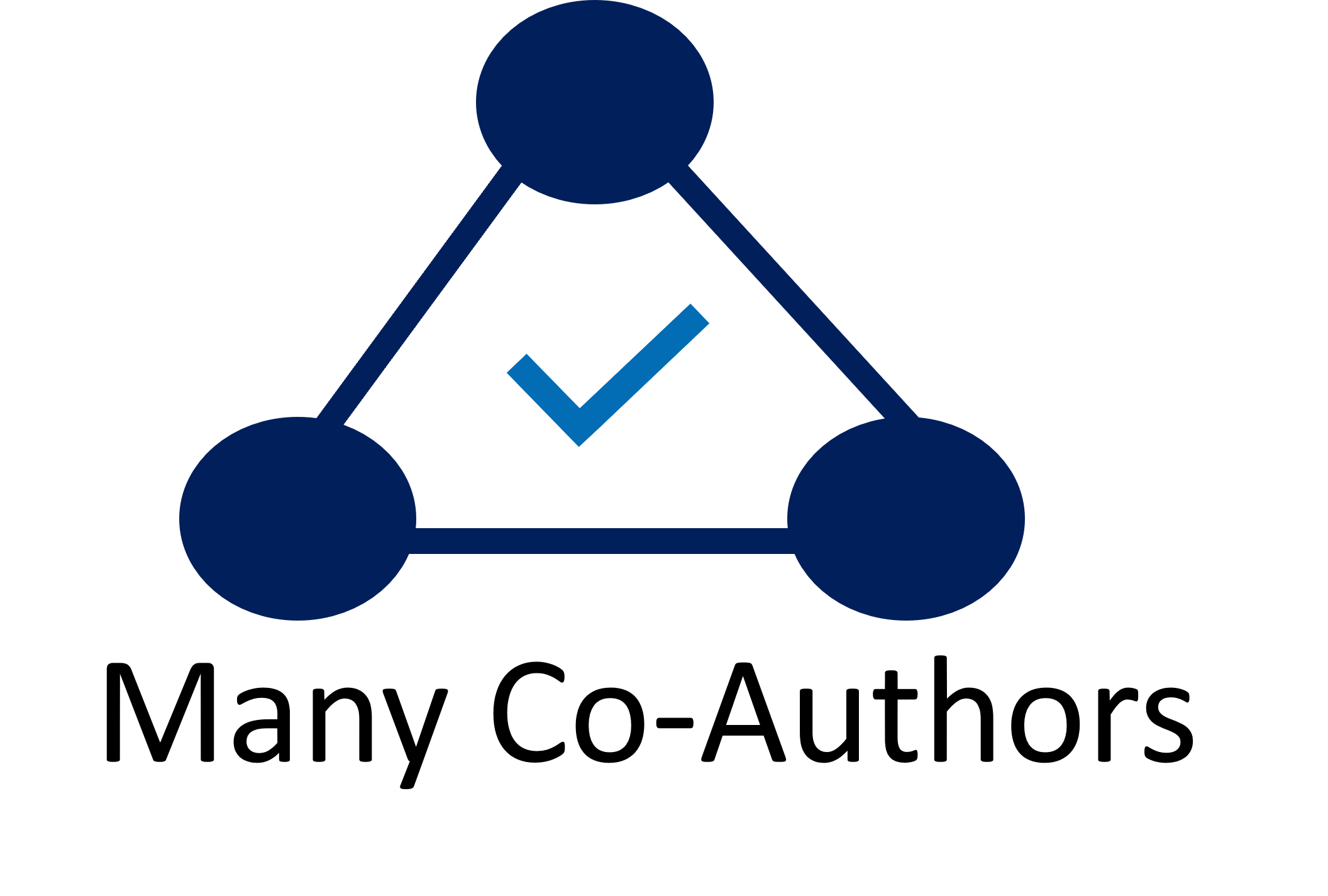

| Gino involved in data collection? |
Co-authors have/had raw data? |
Data for reproducing results available? | |
|---|---|---|---|
| Study 1 | Yes (2) |
Yes (but not anymore) (2) |
Only authors (2) |
| Study 2 | Yes (2) |
Yes (but not anymore) (2) |
Only authors (2) |
| Study 3 | Yes (2) |
No (2) |
No (2) |
| Gino involved in data collection? | Co-authors have/had raw data? | Data for reproducing results available? | |
|---|---|---|---|
| Study 1 | Yes | Yes, but not anymore | Yes, but not posted |
| Study 2 | Yes | Yes, but not anymore | Yes, but not posted |
| Study 3 | Yes | Never | No |
| Gino involved in data collection? | Co-authors have/had raw data? | Data for reproducing results available? | |
|---|---|---|---|
| Study 1 | Yes | Yes, but not anymore | Yes, but not posted |
| Study 2 | Yes | Yes, but not anymore | Yes, but not posted |
| Study 3 | Yes | Never | No |
The paper reports three laboratory studies testing the effect of prior experience on team creativity. We examined the effect of task experience acquired directly and task experience acquired vicariously from others on team creativity in a product-development task. Across three laboratory studies, we found that direct task experience leads to higher levels of team creativity and more divergent products than indirect task experience. Our findings demonstrate that transactive memory systems mediate the effect of direct task experience on team creativity. Teams who acquired task experience directly are more creative because they develop better transactive memory systems than teams who acquire experience vicariously.
The data for the first two studies were collected at Carnegie Mellon in 2007-9 by the research team. All studies were conducted in person using hard copy surveys. As part of the studies, participants performed a product development task in three-member teams and filled out a printed questionnaire reporting demographics and team processes. Their products were evaluated by trained and independent judges who were blind to the research hypotheses. The research team worked closely on designing the manipulations and physically collecting data. We also collaborated during data coding and analyses, discussing results and alternative analyses, and in writing the manuscript.
We submitted our paper to OBHDP with Studies 1 and 2. The data for Study 3 were collected at the Decision Research lab at the University of North Carolina at Chapel Hill, as part of the revision of the paper and in response to reviewers’ requests.
We had no reason to think that anything improper had been done in the conduct of the studies. We did not retain the individual questionnaires from the studies. We have data files compiled for the questionnaires for Studies 1 and 2, but not for Study 3, which examined whether the effects detected in Studies 1 and 2 persist over time. Following the emerging concerns for data falsification in other papers identified by DataColada, we reran all the analyses for Studies 1 and 2. Our results correspond to those reported in the paper.
For further information, please contact Linda Argote argote@andrew.cmu.edu, Ella Miron-Spektor ella.miron-spektor@insead.edu or Gergana Todorova gtodorova@Fullerton.edu.